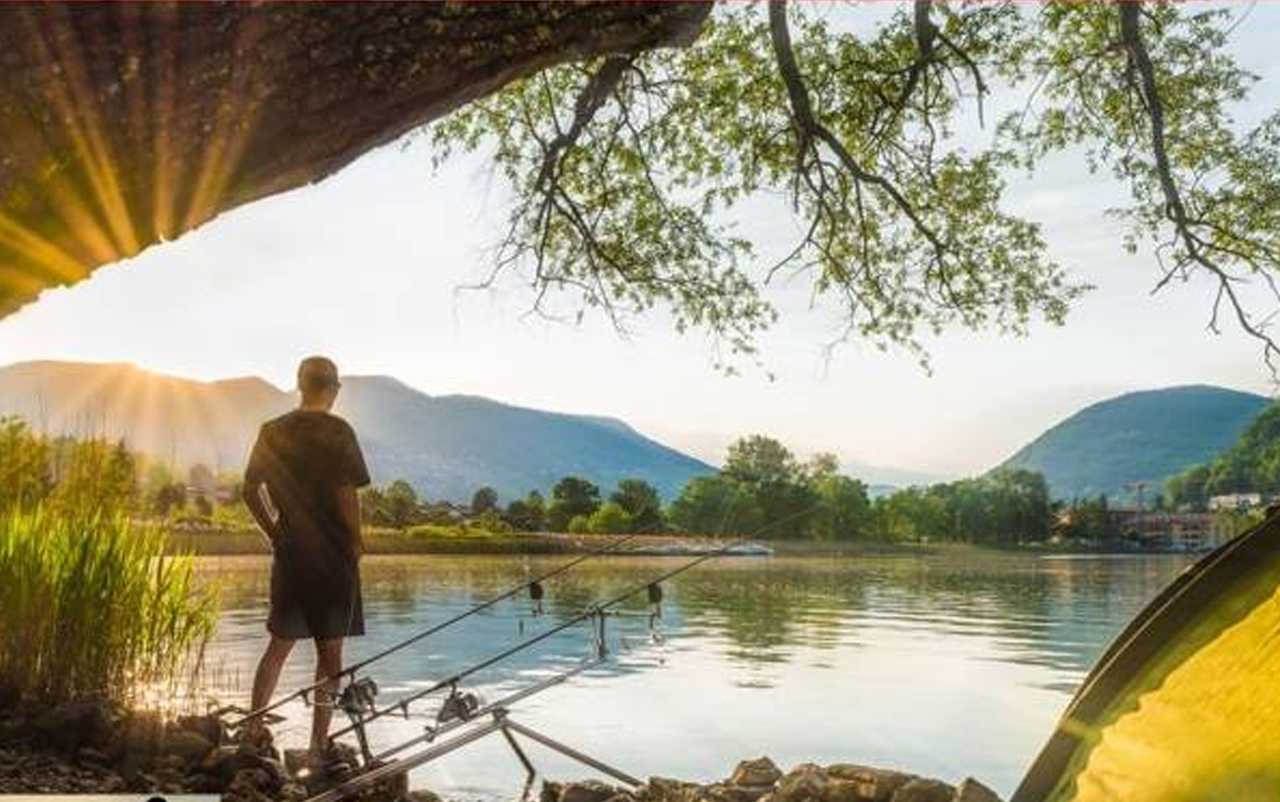For outdoor enthusiasts, fishing and hunting offer thrilling experiences and vital sustenance. However, these activities are deeply connected to the natural world and require an understanding of ethical practices and legal regulations. Unfortunately, common law violations still occur, impacting wildlife populations and jeopardizing conservation efforts. This page dives into the most common law violations encountered in both fishing and hunting across the United States, equipping you with valuable knowledge to ensure a responsible and legal outdoor experience.
Common fishing and hunting law violations:
- Shooting from a Road
- Failure to Retain Evidence of Gender
- Trespass
- Failure to Tag
- Shooting from a Vehicle
- Fishing on an expired license
- Killing wildlife without a valid permit
- Carrying a loaded firearm within a vehicle
- Accidentally shooting the incorrect species of wildlife
- Utilizing inappropriate or incorrect ammunition
Fishing : Unhooking Common Violations
Anglers cast their lines across diverse waterways, seeking the thrill of the catch. Yet, maintaining compliance with regulations is crucial for sustainable fisheries and ethical angling. Here are some of the most frequent fishing violations to avoid:
License Lapses: Just like driving, fishing requires a valid license for most states. Ensure your license is up-to-date before casting a line, avoiding costly fines and potential license suspensions.
Bag Limit Blues: Every fish species has a designated bag limit, restricting the number you can possess at once. Exceeding these limits disrupts fish populations and can trigger hefty penalties. Research and respect bag limits before heading out with your rod and reel.
Size Matters: Minimum and maximum size restrictions exist for specific fish species, protecting young fish and preserving breeding populations. Pay close attention to regulations and release fish outside the allowable size range.
Restricted Gear and Bait: Certain fishing methods and bait are prohibited in certain areas or during specific seasons. Familiarize yourself with local regulations to avoid using banned gear or bait, which can harm aquatic ecosystems and attract unnecessary legal repercussions.
Closed Seasons and Sanctuaries: Some species have designated closed seasons during spawning or migration periods. Additionally, specific aquatic areas might be designated as sanctuaries where fishing is completely prohibited. Respect these restrictions to ensure the sustainability of fish populations and the integrity of sensitive ecosystems.
Trespassing Troubles: Accessing private property for fishing without permission is a clear violation of the law. Research public areas and obtain landowner consent before casting off on private waters.
Pollution Patrol: Remember, responsible fishing extends beyond catching fish. Dispose of fishing line and other waste properly, avoiding pollution and protecting the health of aquatic ecosystems.
Hunting Horizons: Avoiding Ethical and Legal Pitfalls
The pursuit of game holds a deep cultural significance for many individuals in the United States. However, responsible hunting practices are critical for maintaining healthy wildlife populations and upholding ethical principles. Here are some prominent hunting violations to be aware of:
Licensing Lags: Obtaining a valid hunting license is mandatory in all states. Different licenses exist for various species and seasons, so ensure you have the appropriate documentation before embarking on your hunt.
Bag Limit Blunders: Hunting regulations often impose bag limits on specific species. Exceeding these limits is detrimental to wildlife populations and can lead to serious legal consequences. Be a responsible hunter and respect established bag limits.
Species Misidentification: Mistaking one species for another can occur, but it can also result in serious penalties. Familiarize yourself with the animals you are permitted to hunt in your chosen area to avoid accidental violations.
Closed Seasons and Areas: Certain times of year and specific locations might be designated as closed seasons or refuges for particular game species. Hunting during these periods or within restricted areas is illegal and detrimental to wildlife populations.
Improper Tagging and Documentation: Properly tagging harvested game is vital for maintaining accurate wildlife population data and ensuring compliance with regulations. Familiarize yourself with tagging requirements and keep relevant documentation readily available.
Trespassing Transgressions: Accessing private property for hunting without permission is a crime. Obtain landowner consent or restrict your hunt to designated public hunting areas to avoid trespassing violations.
Ethical Considerations: Beyond legal requirements, ethical hunting principles should guide every aspect of your pursuit. Prioritize fair chase, avoid unnecessary suffering for animals, and respect the natural balance of the ecosystem.
Safety First: Hunting involves firearms and potential dangers. Always prioritize safety by following safe handling practices, wearing appropriate gear, and staying aware of your surroundings.
These are just some of the common law violations encountered in both fishing and hunting across the United States. By understanding and adhering to these regulations, you can contribute to sustainable wildlife management, uphold ethical principles, and avoid facing unnecessary legal consequences. Remember, responsible fishing and hunting practices ensure a rewarding outdoor experience for both individuals and the natural world.
Beyond the Hook and Gun: Resources for Responsible Outdoor Enthusiasts
- Federal Fish and Wildlife Service: The FWS website provides valuable information on fishing and hunting regulations, species conservation efforts, and educational resources.
- International Game Fish Association: The IGFA promotes ethical fishing practices and encourages sustainable fisheries management through education and outreach programs.
By harnessing the combined knowledge, passion, and resources of law enforcement and outdoor communities, we can navigate the complex world of fishing and hunting regulations, ensuring a balanced and responsible future for both wildlife and the activities we enjoy. Remember, knowledge is power, and responsible action is the key to preserving the treasures of our natural world for generations to come.
FAQ
What are the penalties for hunting or fishing without a permit?
Unlicensed hunting and fishing in the US may result in misdemeanor charges, $1,000 penalties, and prison time. Fishing without a license in California may result in $100–$1,000 penalties, with a harsher penalty for a second conviction within five years. Violations may potentially suspend hunting or fishing permits, affecting future participation. Fishing without a license may result in a fine, however holding a valid license (not present) may reduce the consequence. State-specific requirements must be followed to avoid fines.
What are the consequences of hunting or fishing in a protected area
Hunting or fishing in protected areas without permits can lead to severe consequences. These include fines, jail, and hunting or fishing bans. Beyond the law, recreational activities in protected regions may disturb ecosystems and endanger sensitive animals. Shooting from a road or car, killing animals without a license, or fishing with an expired license are common violations. Collateral penalties, such heavy fines and equipment seizures, may have a longer-term effect on people and make it more difficult for them to engage in hunting and fishing.
What are the penalties for exceeding hunting bag limits?
Penalties for exceeding hunting bag limitations vary by state and severity. Exceeding daily or possession limitations in South Dakota may result in a three-year hunting permission revocation or a Class 6 felony with a five-year ban. Maine classifies bag limit violations as a Class D criminal with prison time and penalties, rising for multiple crimes. Florida penalties offenders $25 to $4,000, suspends licenses for five years, and forfeits hunting gear. Hunters must follow statutory bag restrictions to avoid violations and penalties.
- 2024 Washington Hunting Season New Dates & Regulation! - July 27, 2024
- Virginia Hunting Seasons 2024 Latest Dates & Regulations - July 22, 2024
- Georgia Hunting Season 2024-2025 [Updated Schedule!] - July 19, 2024


